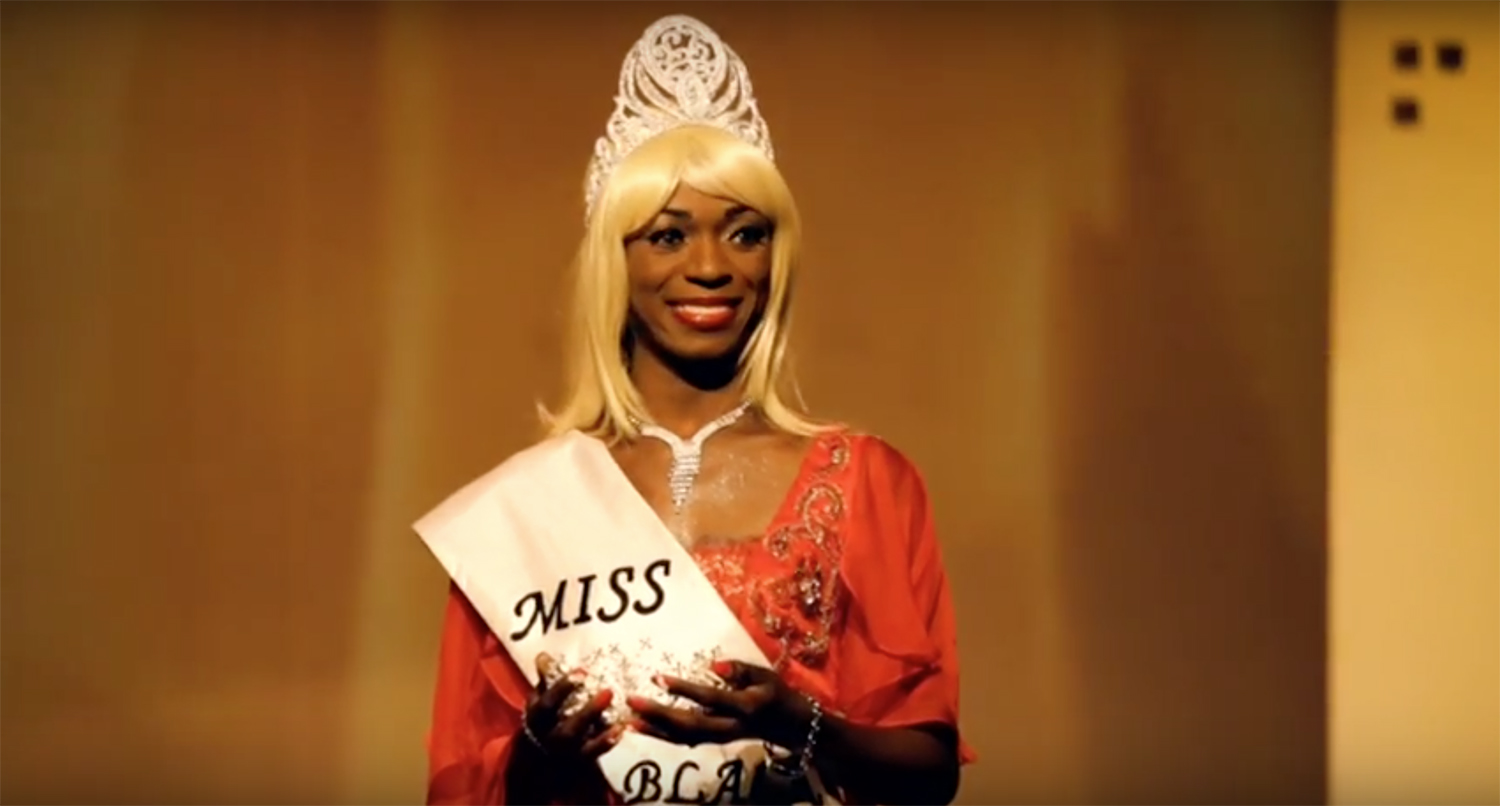Beneath dazzling stage lights and gorgeous grab, lies a resilience as existence. A form of resistance. A desire for something more. In a short documentary film, ‘Jozi Queens’ chronicles the 2015 edition of Miss Gay Jozi, funded and filmed through a union between civil society organization, GALA, and the nightclub, Simply Blue. It is based on a series of interviews conducted with pageant participants, performers and organizers in the greater Johannesburg area. The project aimed to document and gain insight into the gay and trans pageant scene in Johannesburg.
During the film, activist and pageant event organizer, Lesiba Mothibe, describes the necessity for a visible history, “…I emphasize that gay history needs to be out there. I always tell them that it boils down to one thing, as a gay person what do you know about who was here before you? Who was here yesterday, who will be here tomorrow?”. An archive of that ‘yesterday’ is housed by GALA in their Braamfontein library. As an organization, GALA’s mission is to preserve, produce and disseminate knowledge around the LGBTI+ community in southern Africa. In a conversation, Karin Tan, noted that often civil society and partner organizations are typically focused on health, education and legal access. Funding can be precarious and although these elements are crucial to the survival of queer people, this often means that cultural events are excluded from programmes.
However, the desire for young creative people in the LGBTQIA+ community to create platforms is a palpable force despite the lack of resources readily available. Digital platforms like Mumbaonline and HOLAAAfrica! offer information and news about the local and larger community. Similarly, Vogue Nights JHB was born of a desire to create a new space for black and brown queer people in the city. Or as founder, Lelo Meslani, describes, “to have a space for ourselves”. The Ballroom community aims to be accessible in multiple directions and has recently experienced exponential growth. It also generates visibility for identities otherwise not represented in mainstream media.
Ideally Meslani would like to expend Vogue Nights to other parts like Soweto, Tembisa and Cape Town and is also currently thinking through the possibilities of skills share – centered around Drag and voguing. This impetus to expand speaks back to the lack of access faced by greater Johannesburg and its geographic peripheries where civil society support is even more scarce. In addition, Meslani reflected on a moment in which after the event, a few ball attendees dressed to the nines, felt confident and empowered enough to walk through the streets. In the context of navigating personal safety and public prejudice, this moment is an instance of normalization beyond the spectacle. The genealogies of resistance are not confined to the historic ballrooms of Harlem. They are here, in this city.



















































